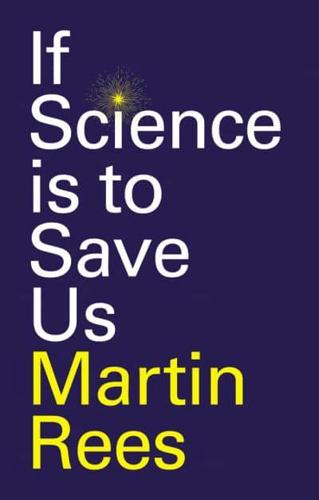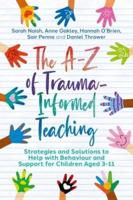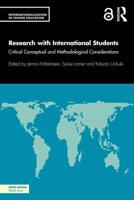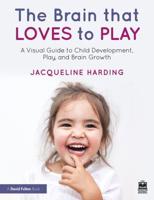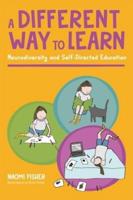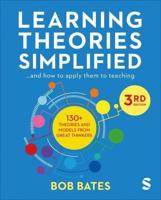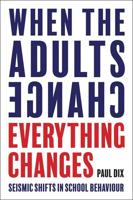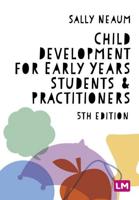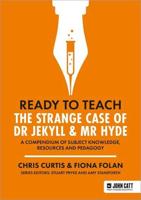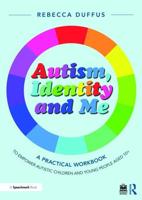Publisher's Synopsis
The future of humankind depends on science and on fully integrating that science into human culture and society. In this erudite yet accessible book, Martin Rees makes a compelling case for supporting science and making it an integral part of our democracy and political decision making. Paul Nurse, Nobel Laureate
There has never been a time when ‘following the science’ has been more important for humanity. At no other point in history have we had such advanced knowledge and technology at our fingertips, nor had such astonishing capacity to determine the future of our planet.
But the decisions we must make on how science is applied belong outside the lab and should be the outcome of wide public debate. For that to happen, science needs to become part of our common culture. Science is not just for scientists: if it were, it could never save us from the multiple crises we face. For science can save us, if its innovations mesh carefully into society and its applications are channelled for the common good.
As Martin Rees argues in this expert and personal analysis of the scientific endeavour on which we all depend, we need to think globally, we need to think rationally and we need to think long-term, empowered by twenty-first-century technology but guided by values that science alone cannot provide.
A judicious and timely presentation of nothing less than how to save the world, from one of our wisest scientists and public voices. Steven Pinker, Harvard University, and author of Rationality
Sometimes it can feel like we're stumbling from one global challenge to another. At the same time, we rightly worry about the pace of technological advances. But we cannot afford to turn our backs on science for, without a scientific understanding of our world, we are doomed. Rees puts the case for placing our trust in science compellingly and with a rare honesty. Jim Al-Khalili, author of The Joy of Science
